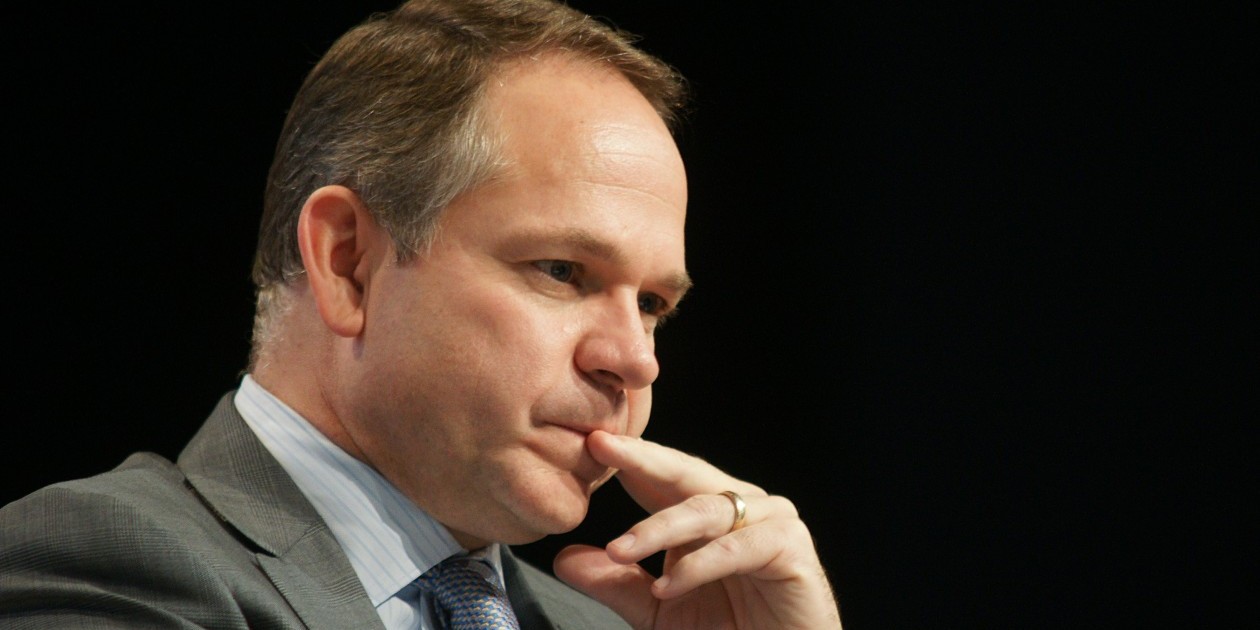As Bell Media president Kevin Crull strode to the microphone to deliver the keynote address at the Canadian Media Production Association’s annual Prime Time conference in Ottawa last week, there was more uncertainty about who killed Sam in CTV’s hit show How to Get Away with Murder than there was about the content of his remarks.
Surprising no one, Crull used the address to denounce current regulatory policy (with special attention paid to the CRTC’s recent decision to eliminate simultaneous substation from CTV’s Super Bowl broadcast beginning in 2017) and preferential treatment given to U.S. specialty broadcasters like AMC and CNN.
He also renewed calls for subscriber fees for conventional TV networks, and suggested U.S. over-the-air signals be banned from Canadian airwaves. It was essentially a repeat of his appearance at the CRTC’s September “Let’s Talk TV” hearings, minus the pointed questions from chairman Jean Pierre Blais.
Crull’s presentation started benignly enough, as he noted CTV is currently in the midst of its biggest year ever, with nine of the top 10 and 15 of the top 20 programs, and ratings up 12% on a year-over-year basis.
His tone soon turned serious, however, as he noted Bell Media currently faces two serious problems: The cost and monetization of content. Both, he said, are being undermined by punitive regulatory policies.
“The revenue model for traditional broadcasters is challenging around the world – but in Canada it’s fundamentally broken,” he said. “Today we do not have a sustainable business model to support private investment in Canadian television.”
Crull said changing consumer behaviour is adversely impacting Bell’s business, with “cord-shaving” contributing to a 4% year-over-year decline in subscriptions to its array of specialty services.
He said Bell can manage these changes, and is already investing and adapting to better serve both viewers and advertisers. He added, however, that the company is being undermined in its efforts by the current regulatory and public policy framework.
He noted Canada is the only country that permits American networks like ABC, CBS, NBC and Fox to be retransmitted without restriction, despite what he called “valid and exclusive” copyrights held by domestic broadcasters like CTV.
He said Canadian networks already buy the rights to 99 of the top 100 American programs, rendering U.S. signals unnecessary. “No viewer would be denied popular content, but we could restore a legitimate rights market and the ability to control our own destiny,” he said.
Crull said eliminating the transmission of U.S. signals would remove the need for simultaneous substitution, which he called an “inelegant and insufficient” solution.
“We can’t expect to have a successful Canadian television industry without basic intellectual property protection for creative content,” he said. “The lack of a legitimate Canadian rights market is the fundamental flaw in our system.”
He did acknowledge simsub allows Bell to generate revenue from some U.S. programming while providing an estimated $40 million a year in promotion for Canadian programs.
That, he said, is why the CRTC is moving in the wrong direction by arbitrarily eliminating simsub from CTV’s Super Bowl telecasts beginning in 2017. Crull said the decision not only eliminates more than $4 million worth of promotional airtime for Canadian programming, but carries serious implications for Canadian advertisers –- who will no longer have access to what is routinely the year’s biggest TV audience.
“Just imagine how damaging this decision is to Canada,” he said. “Canadian Tire is now shut out, but Walmart, an American competitor, will now get the biggest Canadian TV audience of the year –- for free.
“Canadians will see Wells Fargo instead of Royal Bank, they’ll see the U.S. Marines instead of the Canadian Armed Forces. Ads [that] do not comply with Canadian ad standards or regulations will flood in.”
He also reiterated a longstanding call for subscriber fees for conventional channels such as CTV, noting that two thirds of Bell’s local stations are unprofitable, leading to losses of $40 million in 2014.
“Ad revenue alone can no longer cover the cost of operating this business,” he said. “Ask any local broadcaster in the U.S. if their business works without subscriber fees and they will tell you ‘no,’ and they have a much greatest scale advantage on costs.”











